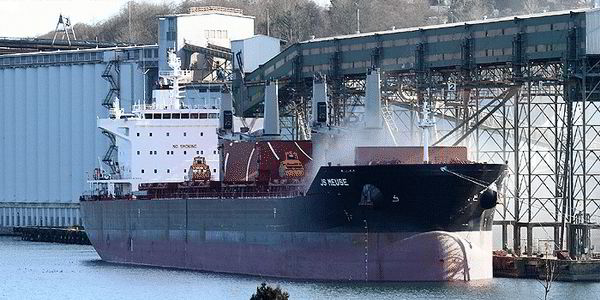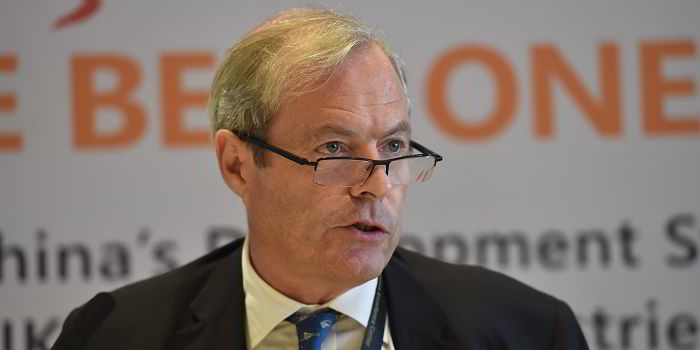Shipping banks are feeling better about market sectors but are highly unlikely to repeat the lending excesses the characterised shipping’s former boom times.
That was the word from veteran financier Michael Parker, global industry head for shipping for Citi, as a banking panel addressed the current anaemic state of debt financing at Capital Link’s International Shipping Forum.
“Because the market is so bad, I think shipping is poised for a good time,” Parker told the audience.
What about finance?
However, he noted that an earlier panel touting the budding recovery in dry bulk had said little about where financing will come from going forward.
Parker suggested plays in that market will have to rely much more on equity than debt financing.
Banks burned by past excesses are focusing on “getting closer to the cargo” in today’s world, he said.

Operators in dry bulk and other sectors would do well to learn from the container industry, which through consolidation has been able to limit increases in vessel supply, he said.
European regulators are not done with their reviews of bank shipping portfolios and lending practises, and Parker cautioned that there is still $150bn worth of distressed bank debt “mainly German, that needs to be disgorged from the system.”
“There is no new money for shipping, which is a good thing,” he said. “The belief that regulators will allow banks to get back to making the mess they did five years ago is unlikely.”
Under questioning from moderator Brent Esber, partner with law firm Blank Rome, the bankers dissected what had gone wrong in past lending regimes, but disagreed with his suggestion that too many syndicated loans had been to blame.
Don’t blame syndication
“I don’t think syndication was a problem,” said Martin Van Tuyl of DVB Bank.
“Where things went wrong is that banks stepped away from the normal ABCs of ship finance. You can’t (lend) $100m on a (capesize bulker). That’s ridiculous.”
Added Harris Antoniou, chief executive of Amsterdam Trade Bank: “Banks fell into the trap of trying to maintain profitability by simply adding assets to their balance sheet as margins got thinner and thinner.”
For more news from the Connecticut Maritime Association, Capital Link and other events this week, click here.




